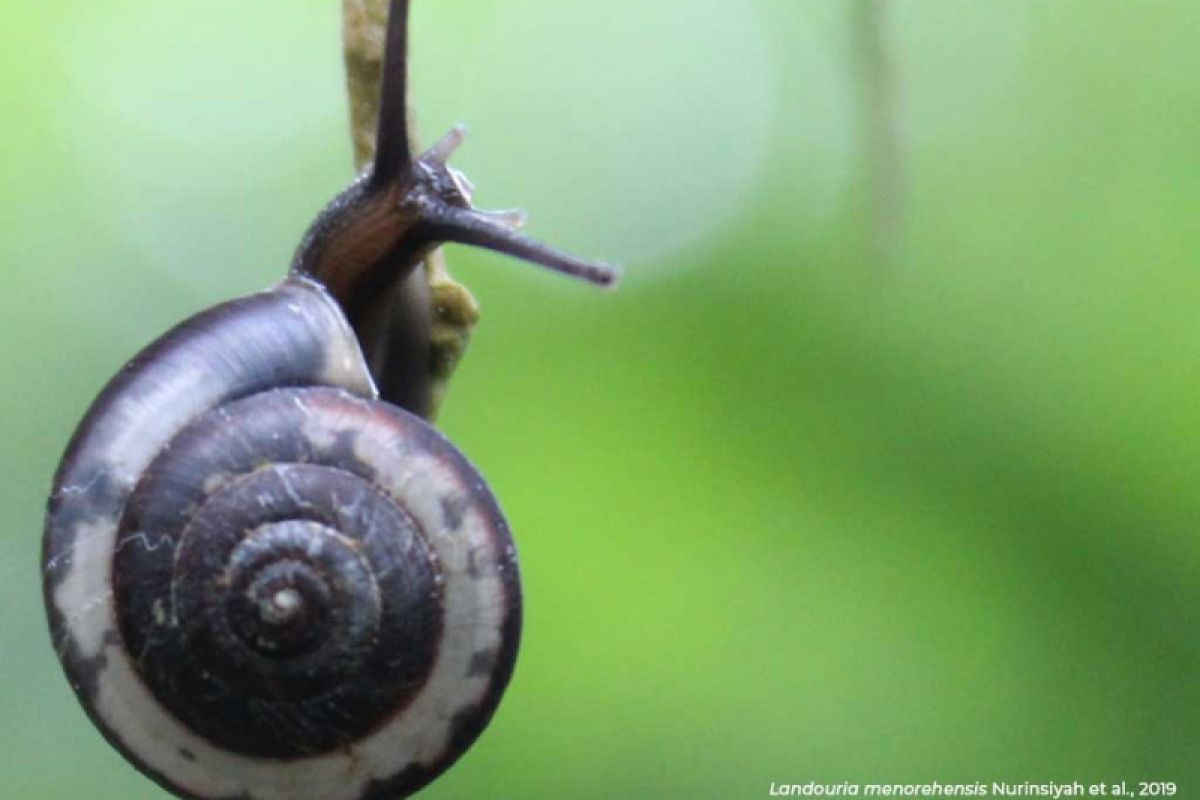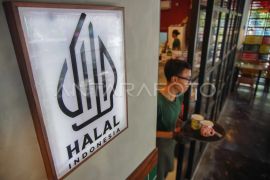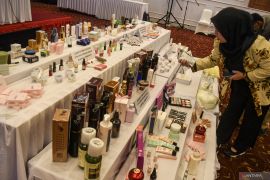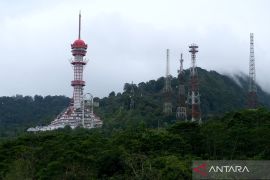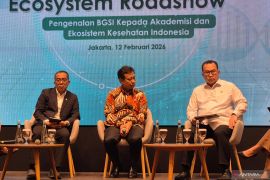In a statement on Sunday, Pamungkas Rizki Ferdian, a researcher at BRIN's Center for Applied Zoology Research, explained that bioprospecting involves exploring biological resources for commercial purposes.
He noted that this type of exploration is crucial for boosting the economy through the cosmetic sector, which is seeing growing global demand for products made from natural ingredients.
Ferdian mentioned that some cosmetic products contain land snail slime, which is said to have active compounds, such as allantoin, glycolic acid, and natural antibacterials, that are beneficial for skin health.
"Cosmetic products made from land snail slime, such as face masks, serums, and moisturizers, have been produced in several countries, including South Korea, with positive market responses," he said.
Ferdian stressed the need for more research on land snails in Indonesia, as the country is home to several species with promising potential, such as Hemiplecta humphreysiana and Amphydromus palaceus found in Menoreh Mountain, Yogyakarta.
He confirmed that the slime of H. humphreysiana contains at least 13 compounds and suggested that it may contain up to 32 compounds in total.
However, Ferdian warned that exploiting natural resources without considering sustainability could lead to species extinction and ecosystem damage.
With this in mind, he emphasized the importance of developing technologies in Indonesia to breed land snails and extract their compound-rich slime without disrupting wild populations.
Related news: AI can help predict solar activity more easily: BRIN
Related news: BRIN collaborates with private firm on sorghum research
Translator: Sean F, Tegar Nurfitra
Editor: Anton Santoso
Copyright © ANTARA 2024
